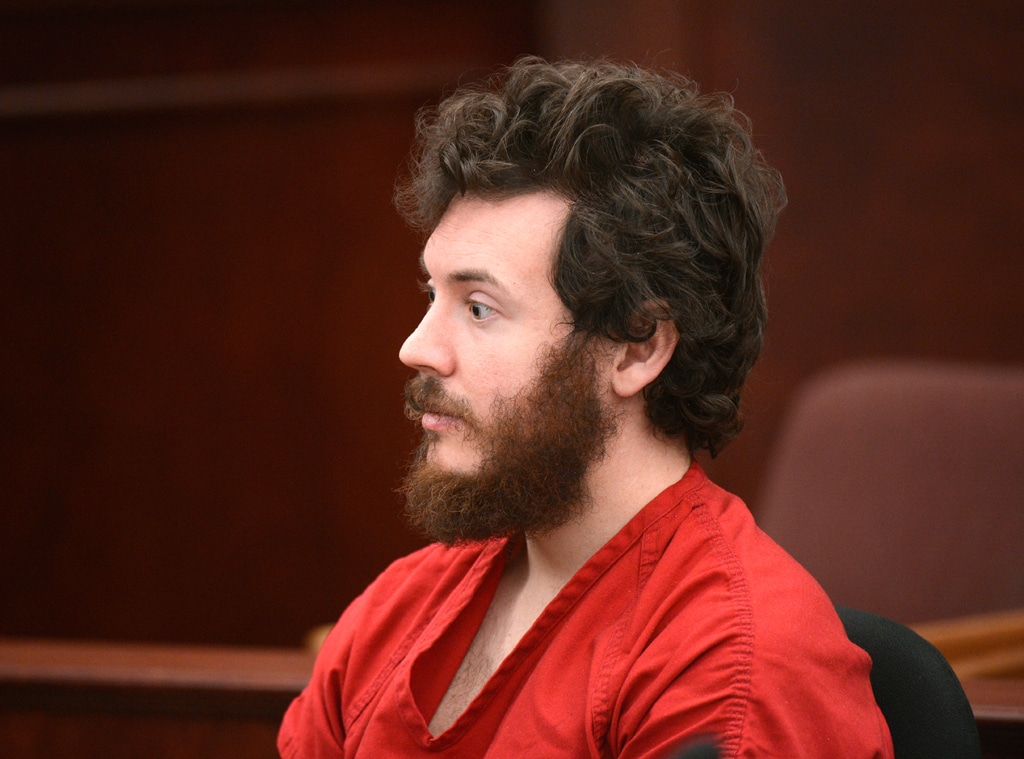 RJ Sangosti/The Denver Post via Getty Images
RJ Sangosti/The Denver Post via Getty ImagesJames Holmes will spend the rest of his life in prison.
A jury spared the life of the 27-year-old, who was found guilty of first-degree murder in the shooting deaths of 12 people at an Aurora, Colo., movie theater on July 20, 2012, and was facing the possibility of the death penalty.
According to reports, the jury was not unanimous with regard to the penalty deserved for each count, resulting in the more lenient of two possible sentences: life in prison without the possibility of parole.
Holmes had pleaded not guilty by reason of insanity, but was ultimately convicted on 165 counts, including 24 counts of first-degree murder (two counts per victim for acting with deliberation and extreme indifference).
During the penalty phase of the trial, which just concluded yesterday, Holmes' parents testified as character witnesses and begged for mercy for their son, who shot up a midnight screening of The Dark Knight Rises at Aurora's Century 16 theater, killing 12 and wounding 70. He also booby-trapped his apartment, intending for an explosion to occur when someone entered after the massacre, and set a recording of loud music to play in order to lure someone inside.
"I thought about opening the door, I had my hand on the doorknob, but it seemed like it was unlocked," downstairs neighbor Kaitlyn Fonzi testified during the main trial. "And so in my better sense I decided to go downstairs and call the police. It just seemed really off. I had a bad, gut feeling that I didn't want to see what was ever behind that door."
Holmes told police after he was taken into custody at the scene about having an explosive device rigged at his home.
The jury deliberated for less than seven hours before deciding on life without parole. Only one juror needed to dissent in order to prevent them from returning in favor of the death penalty.
The sentence came as a surprise to those who interpreted the jury's previous conclusion that Holmes was eligible for death and should not be shown leniency to be a sign that they were leaning in that direction.
Two court-appointed psychiatrists had testified that they believe Holmes to be mentally ill but also aware that his actions were wrong.